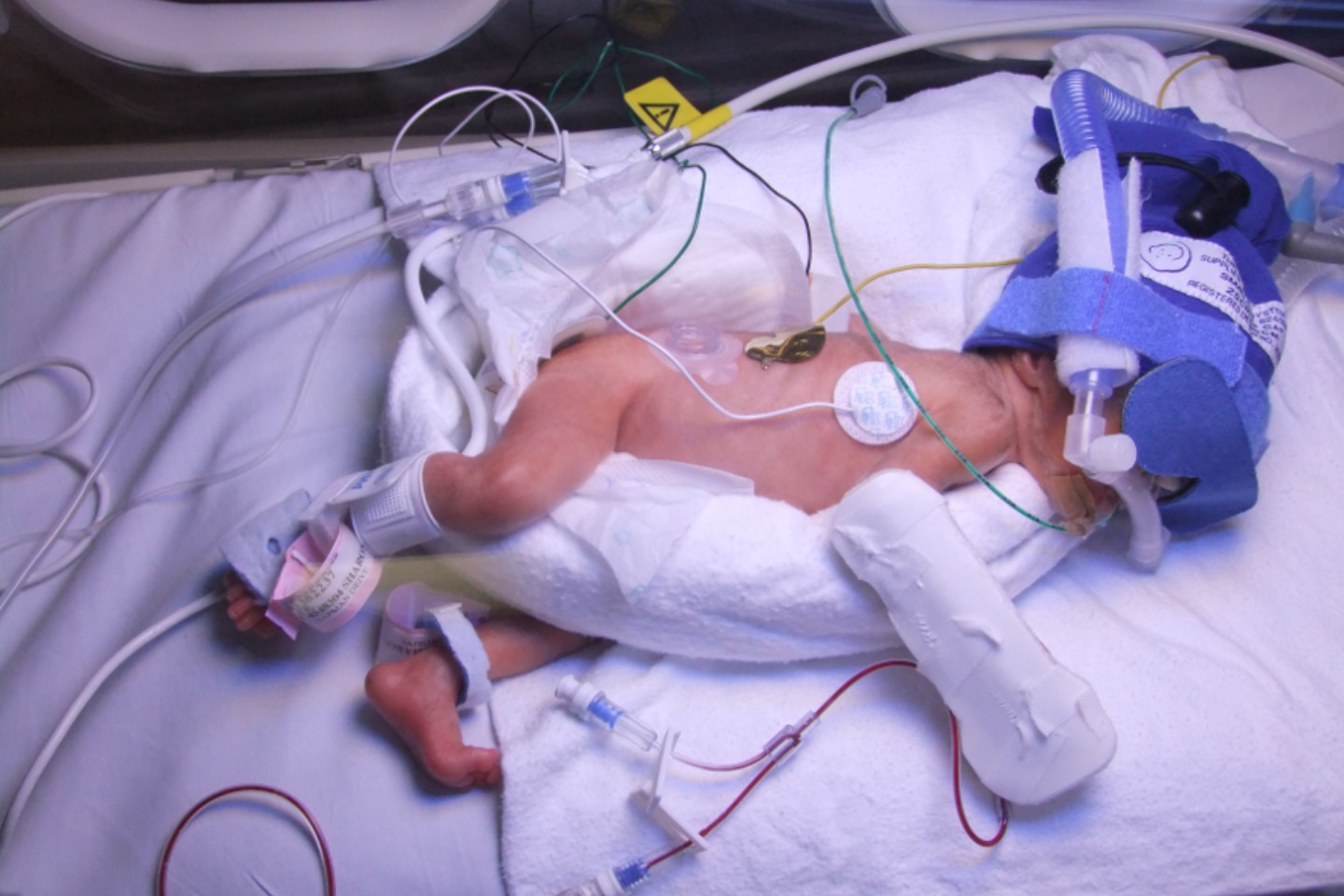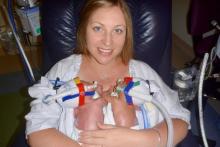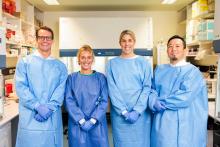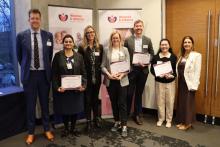Individuals and businesses are encouraged to consider the impact of a tax-deductible donation on life-saving research and healthcare programs before June 30.


Individuals and businesses are encouraged to consider the impact of a tax-deductible donation on life-saving research and healthcare programs before June 30.
The Women and Infants Research Foundation (WIRF) uses donations to support the progress of neonatal care and fund critical medical research improving survival and health outcomes for preterm babies.
Clare was born at just 25 weeks gestation, weighing 875 grams and with a 60 per cent chance of survival and a 95 per cent likelihood of physical or mental disability.
The outlook was grim and the emotional toll on her parents, Wylie and Sharon, was immediate and profound.
“I was asked if I wanted to go to the NICU (Neonatal Intensive Care Unit) to see Clare. I couldn’t do it,” Wylie said when reflecting on Clare’s birth.
“I just didn’t want to connect with her because I thought she was going to die.”
Like many parents thrust unexpectedly into the world of neonatal intensive care, Wylie found himself overwhelmed and grieving for the life he thought his daughter would not have.
Clare spent a total 99 days in the NICU, a period defined by uncertainty, but ultimately ending with her survival.
Medical innovation, high-quality intensive care, and sheer resilience has allowed Clare to become the thriving 15-year-old she is today.
Her story is one of many that showcase the mission of WIRF: to conduct and promote research that improves the health of women and babies in Australia and beyond.
You can hear more about Clare’s story here.

Clare with her father Wylie at the WIRF Gala 2024.
WIRF chief executive Deb Portughes said stories like Clare’s – both heartbreaking and hopeful – were the reason the foundation existed.
“Behind every NICU bed is a family with a future hanging in the balance,” Ms Portughes said.
“Our role is to ensure that future is as bright as it can be, through ground-breaking research, innovation and compassionate care."
Each year, thousands of Australian families experience the trauma of preterm birth, and while outcomes have improved dramatically over the past two decades, there is still a long road ahead.
“When you graduate from NICU, you feel you’ve won, but you’ve just won a small battle,” Wylie said.
“There’s a much larger war to fight. Life is hard. There is no easy day. It’s hard learning new things, there are lots of challenges.”
Those challenges not only include the initial medical difficulties, but also the long-term developmental hurdles that many premature babies face.
WIRF’s ongoing research into preterm birth prevention, maternal health and neonatal care is transforming healthcare and saving lives.
“This is not just about medical science. It’s about transforming the future of health – not just for one child, but for generations,” Ms Portughes said.
“Every dollar donated is an investment in a stronger start, a better outcome, and a brighter future.”
To make a tax-deductible donation and help give every baby the chance it deserves to thrive, donate to WIRF by June 30.













